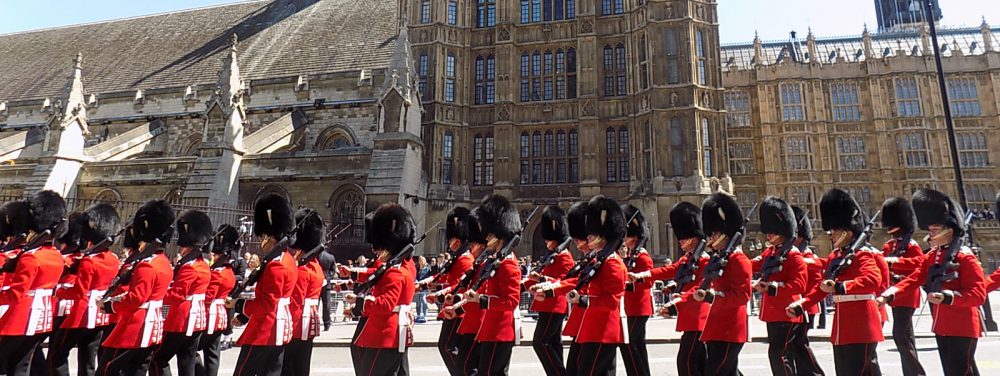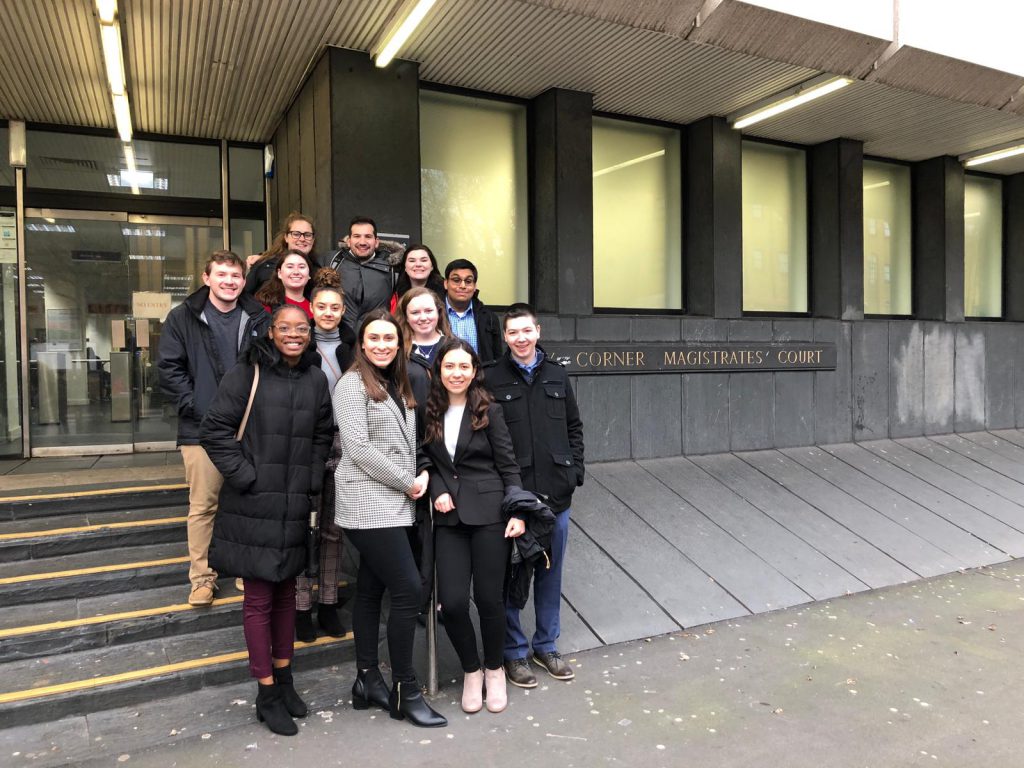On Friday, we had the privilege of talking to Tony Walsh and Mark Brookes. Walsh and Brookes work for the Metropolitan Police Force and focus on counterterrorism measures to ensure the safety of all citizens in the UK. We learned that there are 43 police forces and 1 counterterrorism force in the UK. All officers in the UK carry chemical spray and a taser, but only 5% have a firearm in their possession.
We also looked at the ways in which they handle a terrorist attack in the UK. Most terrorist attacks fall into the substantial category meaning that there is a strong possibility that an attack will occur. In order to counteract these attacks they follow the 4 pillars. They prevent, pursue, protect, and prepare. They prevent attacks by looking at causes and trying to disengage any further activity. They pursue it by detecting and understanding the situation at hand. They protect their citizens in order to reduce the risk. They prepare themselves by ensuring they have the proper resources.
We also looked at the ways in which they try to negotiate with terrorists when they are dealing with a hostage crisis. Their first rule is that they can negotiate, but they do not make concessions meaning they do not give them ransom, change their laws, or follow demands such as releasing a terrorist member already imprisoned. They try to slow down the process by talking to them in order to get more information about their whereabouts and how to devise a plan to get the hostage released. This lecture opened my eyes to a new job path that I never thought about. I realized that the people who serve in the counterterrorism force are brave and I admire them for their courage.


